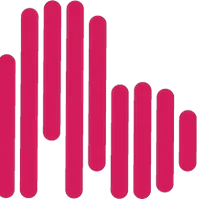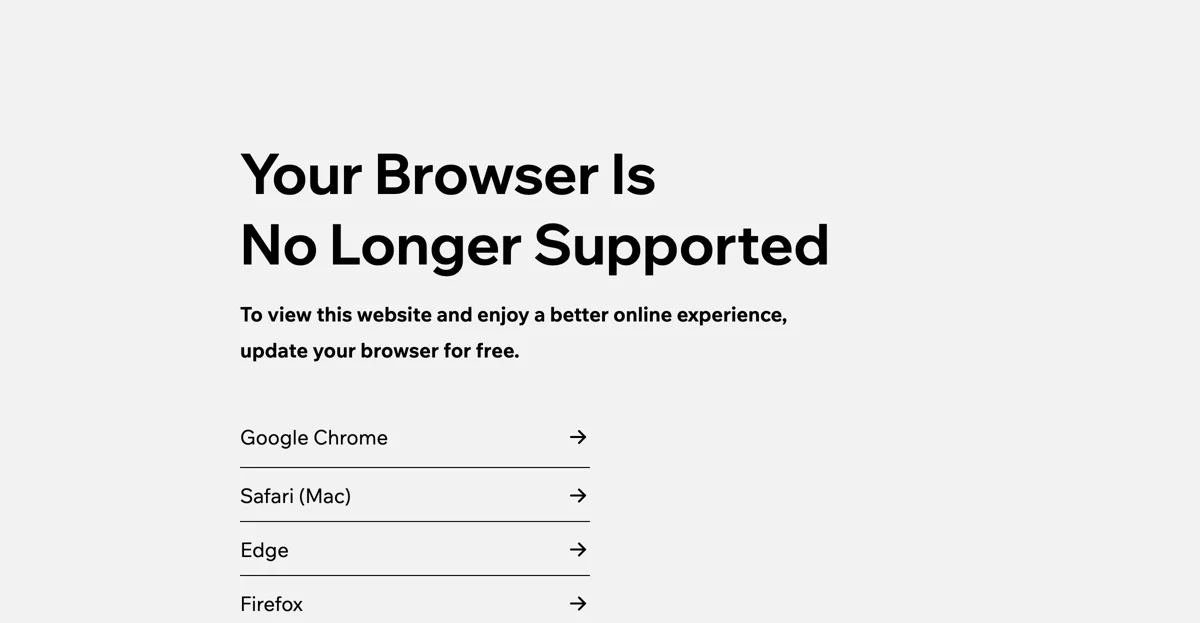lightHearted represents a significant leap forward in the field of healthcare management, specifically targeting heart diagnostics. This innovative AI-powered tool is designed to make heart diagnostics more accessible, affordable, and non-invasive. By leveraging cutting-edge technology, lightHearted aims to remove the barriers to early detection and management of heart conditions, which is crucial for improving patient outcomes.
The platform is built on a foundation of advanced algorithms and machine learning techniques, enabling it to analyze data with remarkable accuracy and speed. This not only reduces the time required for diagnostics but also minimizes the need for physical contact, making it an ideal solution in today's health-conscious world. The team behind lightHearted, including co-founders Lucrezia Cester and Dilip Rajeswari, along with their scientific and clinical advisors, brings a wealth of knowledge and expertise to the project, ensuring that the tool meets the highest standards of reliability and effectiveness.
lightHearted's approach to democratizing heart diagnostics is particularly noteworthy. By making the process quick, cheap, and contactless, it opens up access to essential healthcare services for a broader segment of the population. This is especially important in underserved areas where traditional diagnostic methods may be unavailable or prohibitively expensive. The tool's user-friendly interface and seamless integration with existing healthcare systems further enhance its appeal, making it a valuable asset for both healthcare providers and patients.
In addition to its diagnostic capabilities, lightHearted also offers features that support ongoing management of heart conditions. This includes personalized treatment recommendations, progress tracking, and alerts for potential issues, all powered by AI. Such comprehensive support not only aids in the effective management of heart health but also empowers patients to take an active role in their care.
The potential impact of lightHearted on the healthcare industry is immense. By making heart diagnostics more accessible and efficient, it has the potential to significantly reduce the burden of heart disease, which remains one of the leading causes of death worldwide. As the tool continues to evolve and expand its capabilities, it is poised to become an indispensable part of modern healthcare, transforming the way heart conditions are diagnosed and managed.

